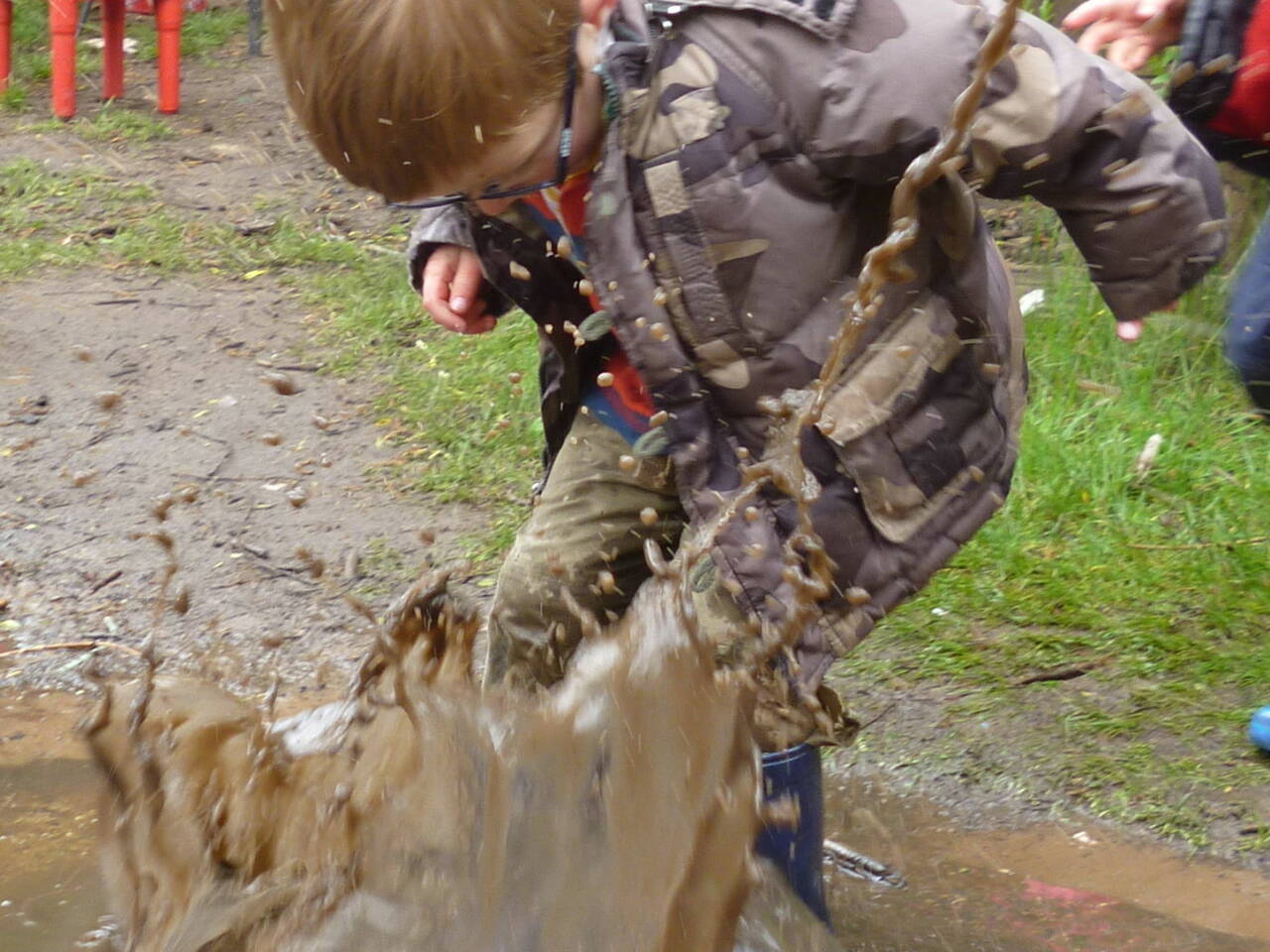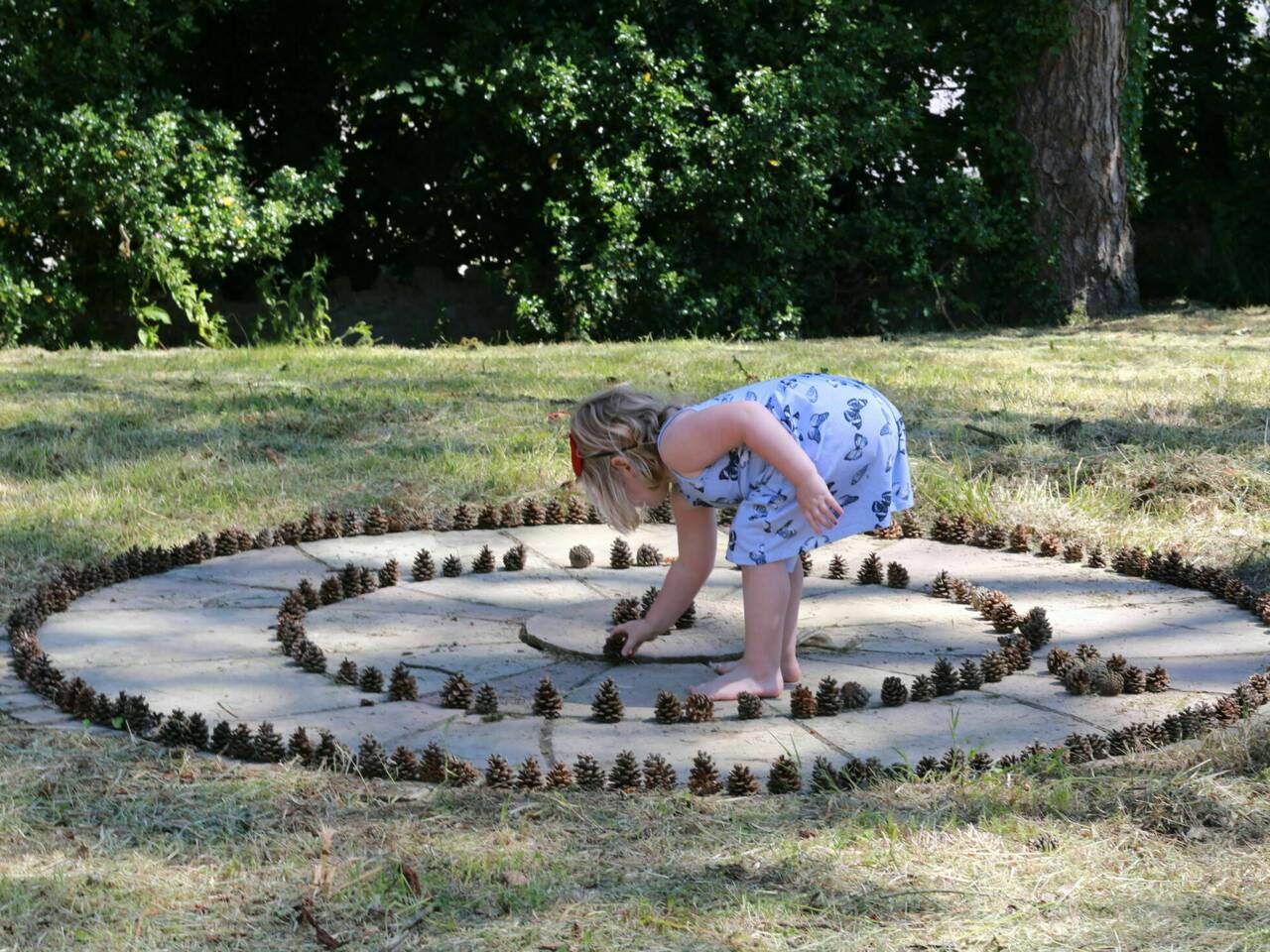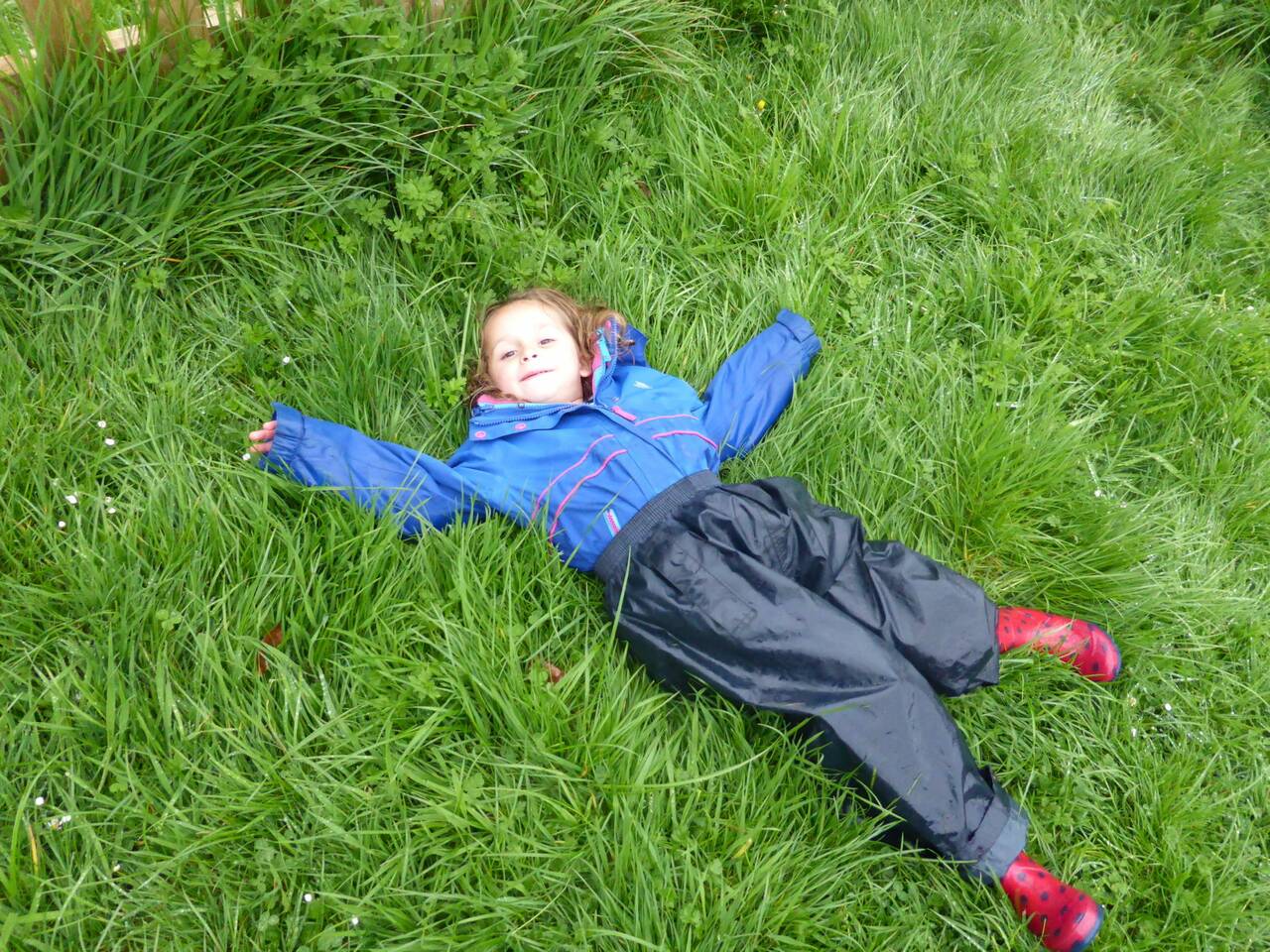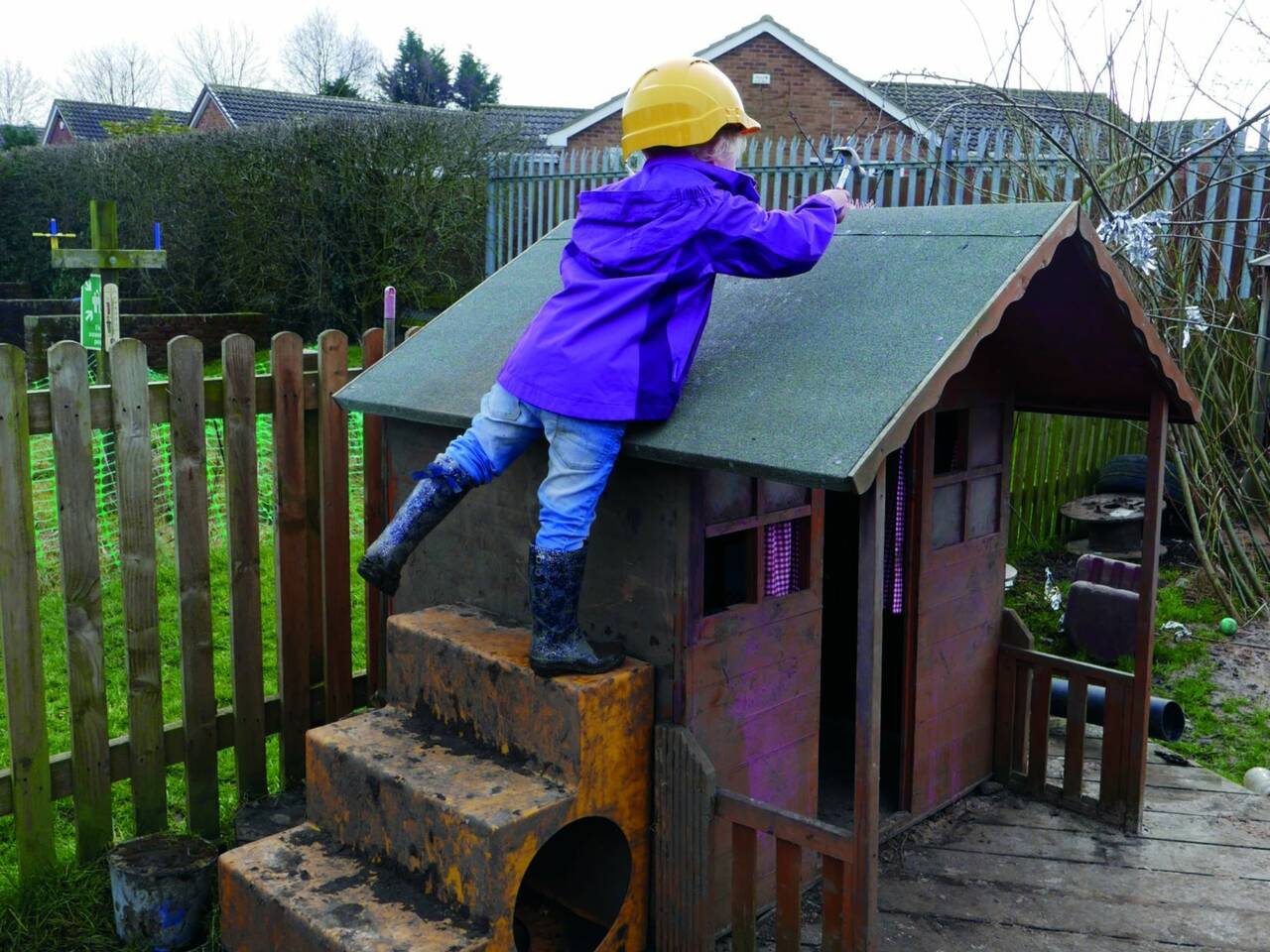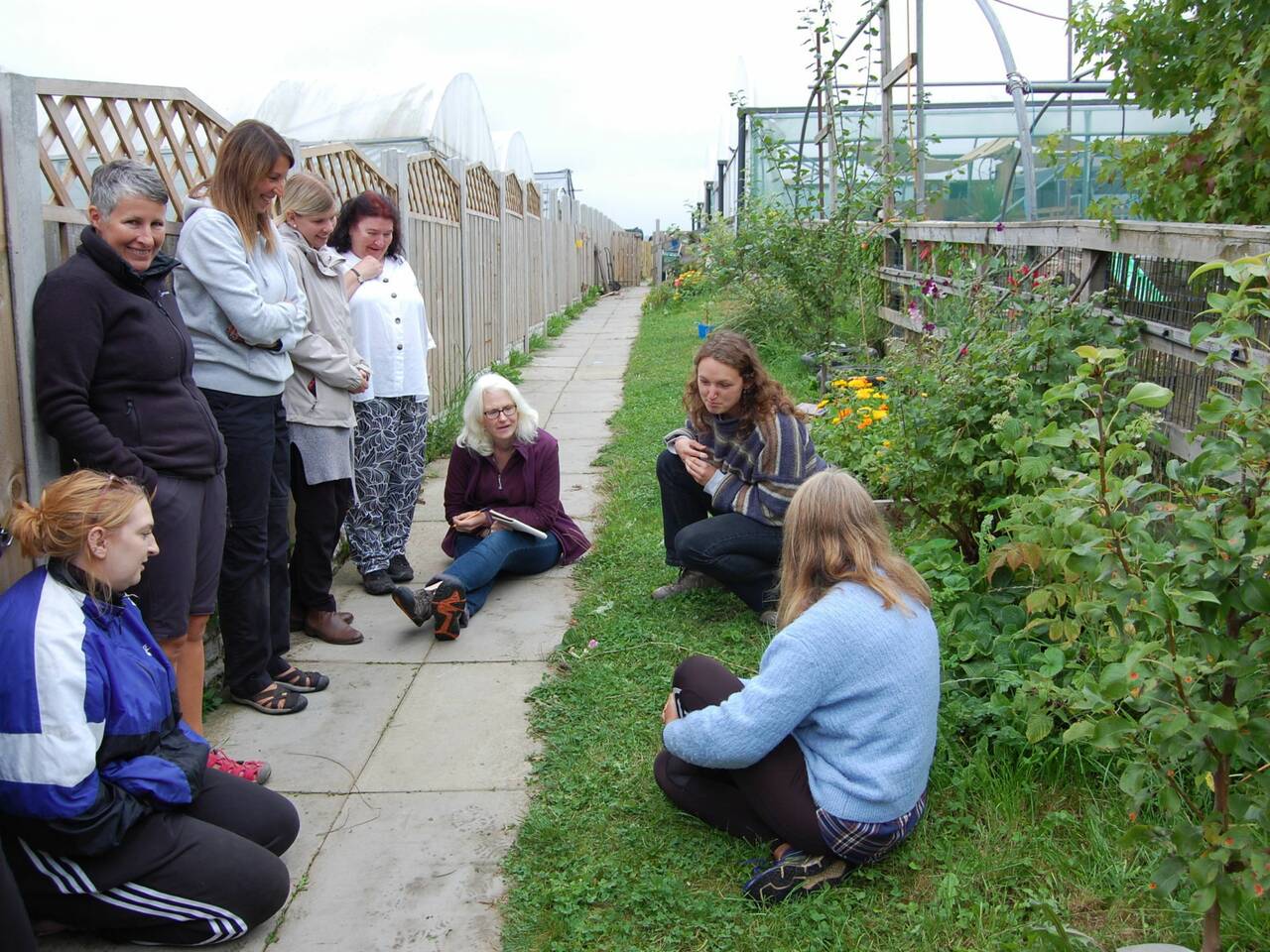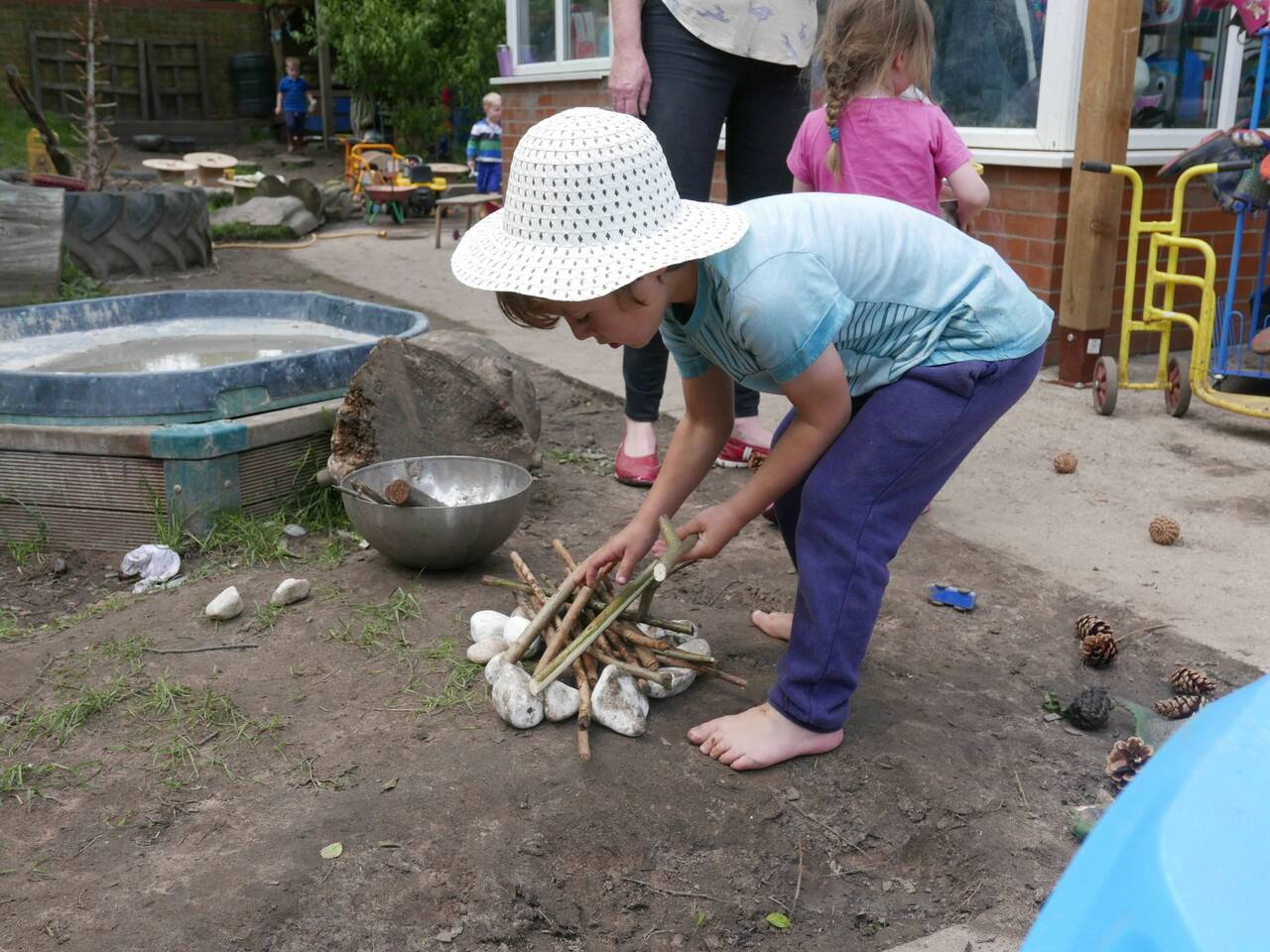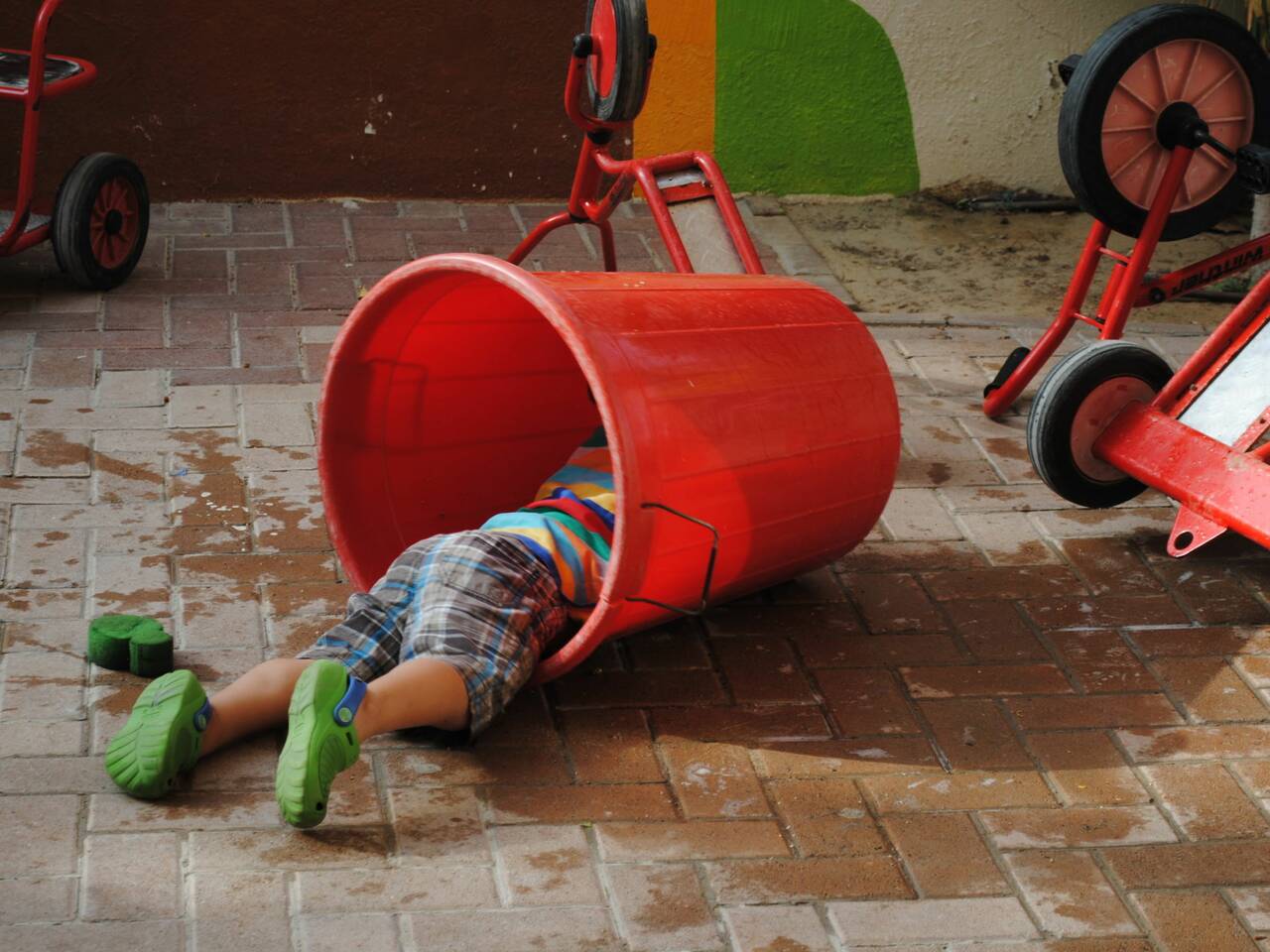Module 2 Supporting Learning outdoors
Building upon learning from the previous module, this step in the qualification pays detailed attention to making sure that the environment being provided is capturing the special nature of the outdoors to best effect and meeting the ways that children are designed to go about exploration and discovery in their early years. We explore in depth the natural learning methods of early childhood and work to transfer these into actual practice through developing your educational role.
Enabling the practitioner to understand and believe in learning through play outdoors. Developing confidence and skills in making good use of the unique and different nature of learning through play in the outdoors.

